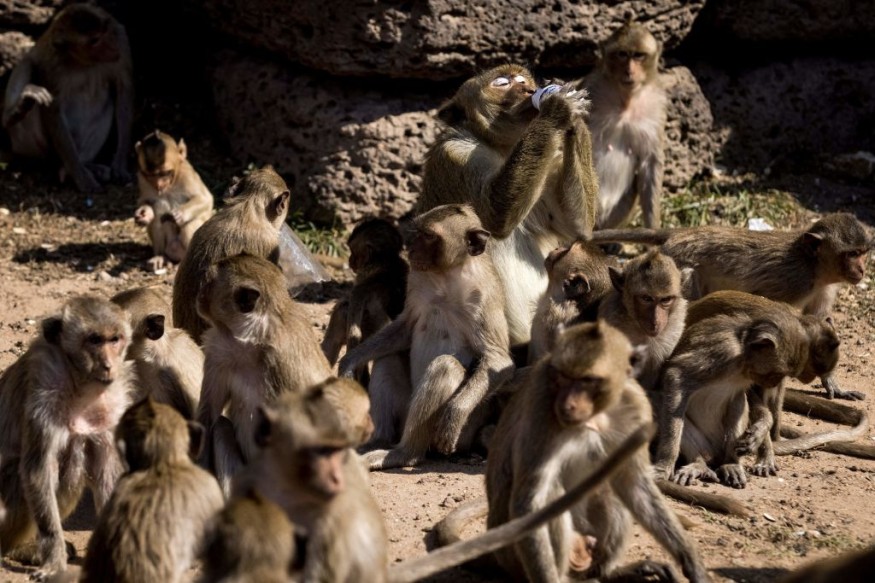When Hurricane Maria struck Puerto Rico in September 2017 as a high-end Category 4 storm, it left the biggest disaster in the island's history.
The storm quickly killed more than 3,000 people, knocking out almost all of the island's 3.4 million inhabitants power supply and causing more than $100 billion in damage.
According to a study published Monday in the journal PNAS, the biological signs of aging were faster for macaques that survived the hurricane than for macaques that did not experience a disaster.
Monkeys are the evidence of accelerated aging
According to Newsbreak, in addition to human casualties, the hurricane also affected wildlife on the island, including a group of free-range rhesus monkeys that lived on the isolated island of Cayo Santiago near Puerto Rico.
In a new study, scientists have investigated surviving macaques inhabiting the island's Caribbean Primates Research Center since 1938 and found that hurricanes may have accelerated the aging of the monkeys' immune systems.
Currently, the ASU team is being led by lead author Marina Watowoka, a graduate student at the University of Washington and a research scientist at ASU, and the Caribbean Primates Research Center, University of Pennsylvania, along with Noah Snyder-Mackler, an assistant professor at Arizona State University's School of Life Sciences.
They have published one of the first results to show that the effects of natural disasters may have accelerated the aging of the monkey's immune system molecularly, as per ScienceDaily.
According to the report, Noah Snyder-Mackler, an assistant professor at Arizona State University's School of Life Sciences stated that, "While everyone ages, we don't all age at the same rate, and our lived experiences, both negative and positive, can alter this pace of aging. One negative life experience, surviving an extreme event, can lead to chronic inflammation and the early onset of some age-related diseases, like heart disease."
He also added that they still don't know how these events get embedded in people's bodies, which leads to the negative health risk that may not show its symptoms until decades after the event itself.
How the hurricane affects the aging of the monkeys?

As per ScienceDaily, to test how hurricane Maria influenced immune cell sequence regulation and aging, Marina Watowich and the rest of her team were ready to leverage a set of blood samples and history of elaborated demographic information from age-matched subsets of the Cayo Santiago rhesus macaque population.
As per Newsbreak, in the study, scientists analyzed markers of biological aging in surviving macaques, including molecular changes and disruptions in genes involved in inflammation, and those that help proteins fold into proper functional shapes.
By analyzing the genetic function of the macaque immune cells, they discovered that hurricane adversity may have accelerated the aging of the monkey's immune system.
A global analysis of immune gene expression revealed that 4% of the genes expressed in immune cells were altered after the hurricane.
Among them, genes with high expression after storms are involved in inflammation, and genes weakened by hurricanes are involved in protein translation, protein folding/refolding, adaptive immune response, and T cells.
The scientists' findings suggest that an extreme hurricane is potentially associated with alterations in immune cell gene regulation similar to aging.
Citing a limitation of the study, the researchers noted that they did not measure aging rates among identical macaque individuals before or after the hurricane.
Within the future, they hope to conduct longer-term studies of every individual within a population to find out additional information regarding the intersection between biological aging, adversity, and social structures in the face of natural disasters.
© 2025 NatureWorldNews.com All rights reserved. Do not reproduce without permission.





